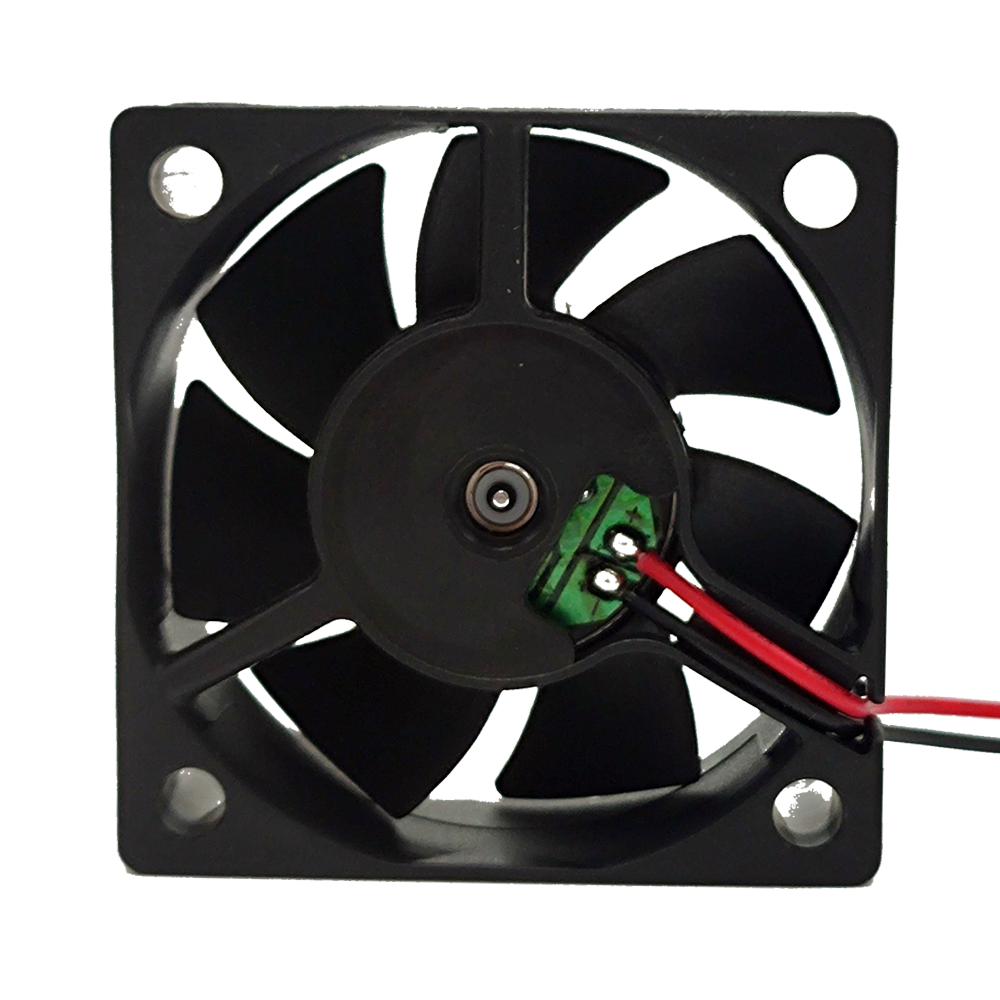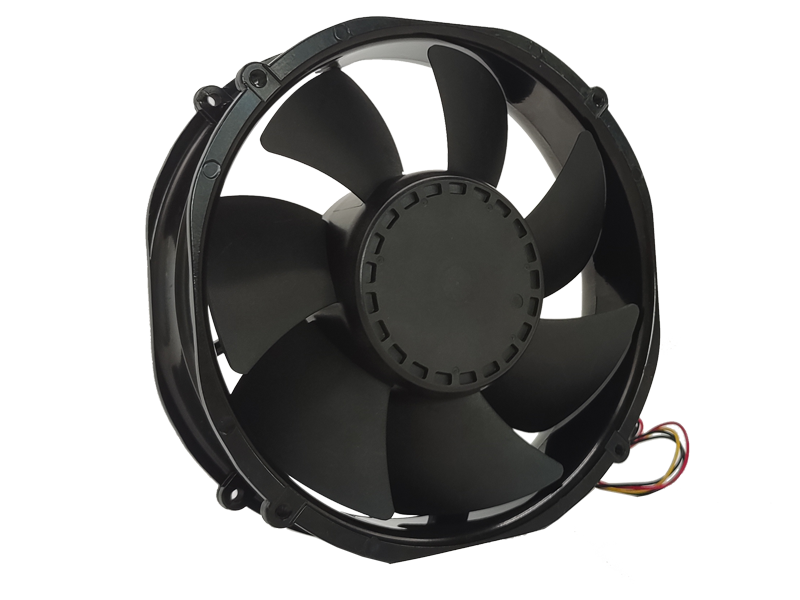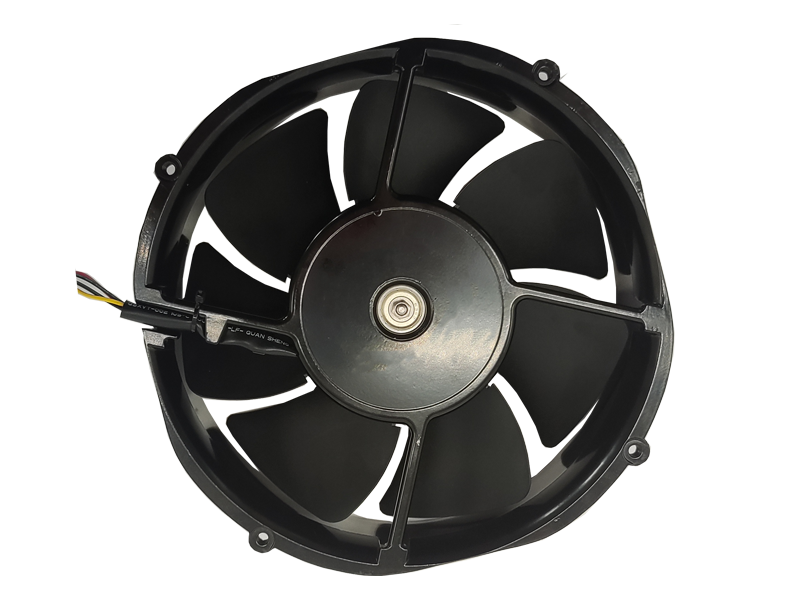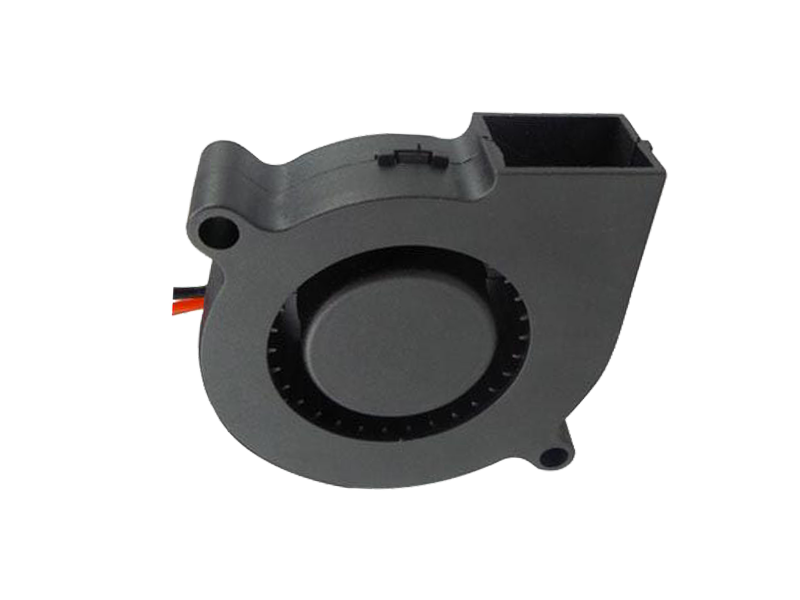The role of cooling fans in industrial and commercial applications is crucial for maintaining optimal operating temperatures and ensuring the longevity of equipment. However, the noise generated by cooling fans can be a significant concern, particularly in settings where noise pollution must be minimized. In response to this challenge, noise control technologies for cooling fans have emerged as essential innovations, enabling the mitigation of noise without compromising the fans' thermal management capabilities. This article delves into the advancements in noise control technologies for cooling fans, highlighting their impact on creating quieter, more conducive working environments.
Understanding the Impact of Fan Noise
The noise generated by cooling fans can have adverse effects on both the working environment and the well-being of individuals in proximity to the equipment. Excessive fan noise can contribute to increased stress levels, reduced concentration, and potential hearing damage, all of which can impact productivity and overall workplace satisfaction. Furthermore, in commercial and residential settings, such as HVAC systems, fan noise can be a source of discomfort and dissatisfaction. As a result, the development of effective noise control technologies for cooling fans has become a priority for manufacturers and engineers.
Acoustic Design and Optimization
Advancements in acoustic design and optimization have played a pivotal role in reducing the noise output of cooling fans. By carefully engineering the fan blades, housing, and airflow pathways, manufacturers have been able to minimize turbulence and aerodynamic noise, thereby lowering the overall sound emissions. Additionally, the use of sound-absorbing materials and strategic placement of damping elements within the fan assembly have further contributed to noise reduction without compromising the fans' cooling efficiency.
Variable Speed Control and Adaptive Algorithms
The implementation of variable speed control mechanisms and adaptive algorithms has enabled cooling fans to adjust their rotational speeds in response to real-time thermal demands, thereby reducing noise during periods of lower heat dissipation requirements. By dynamically modulating fan speeds based on temperature fluctuations, these technologies not only contribute to noise reduction but also enhance energy efficiency, making them a valuable addition to noise control strategies.

Active Noise Cancellation Techniques
Incorporating active noise cancellation techniques into cooling fan design represents a cutting-edge approach to noise control. By leveraging microphones and feedback systems, cooling fans can emit anti-phase sound waves to counteract and cancel out the noise generated during operation. This active noise cancellation technology has shown promising results in significantly reducing fan noise across a broad range of applications, offering a compelling solution for noise-sensitive environments.
Integration of IoT and Smart Control Systems
The integration of Internet of Things (IoT) and smart control systems has facilitated the implementation of advanced noise control strategies for cooling fans. By leveraging real-time data analytics and predictive modeling, these systems can optimize fan operation to minimize noise while maintaining thermal management efficiency. Furthermore, remote monitoring and control capabilities provided by IoT platforms enable proactive noise management, ensuring that fan noise remains within acceptable limits at all times.
Conclusion
In conclusion, the development of noise control technologies for cooling fans represents a critical advancement in creating quieter, more harmonious working and living environments. Through innovations in acoustic design, variable speed control, active noise cancellation, and smart control system integration, manufacturers have made significant strides in mitigating the impact of fan noise without compromising thermal management capabilities. As the demand for noise-sensitive applications continues to grow, the ongoing refinement and implementation of these noise control technologies will play a pivotal role in enhancing workplace comfort, improving overall well-being, and meeting regulatory noise standards in diverse industrial and commercial settings.
Recommended Products

The main purpose:Car charging station

The main purpose:Car charging station

The main purpose:Electronic refrigerators, water dispensers, direct drinking machines, inverter power supplies
Address:No. 4137, Longgang Avenue (Henggang Section), Henggang Community, Henggang Street, Longgang District, Shenzhen
hotline:13530005572(Chen)15112579390(Li)


Welcome all friends to come for consultation and negotiation.
Copyright 2024 @ Shenzhen Youneng Xinyuan Electronics Co., Ltd.,(industrial fans,industrial blowers,axial fans,cooling fans manufacturer,centrifugal fans,ac cooling fans,dc cooling fans)